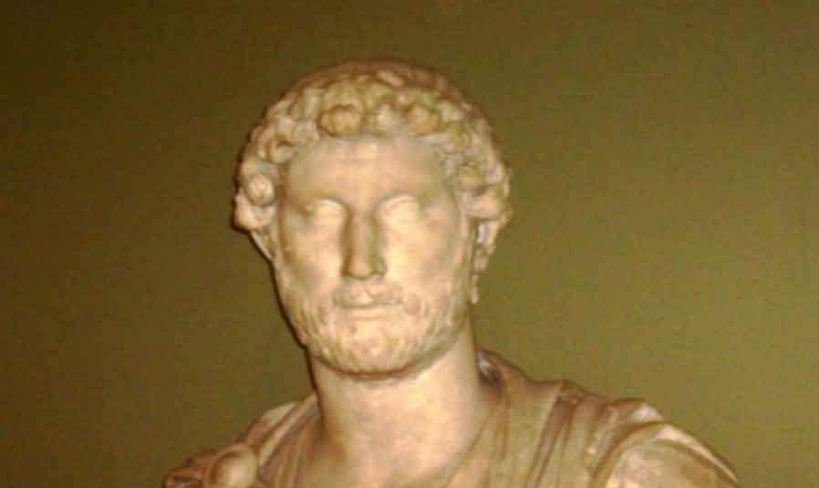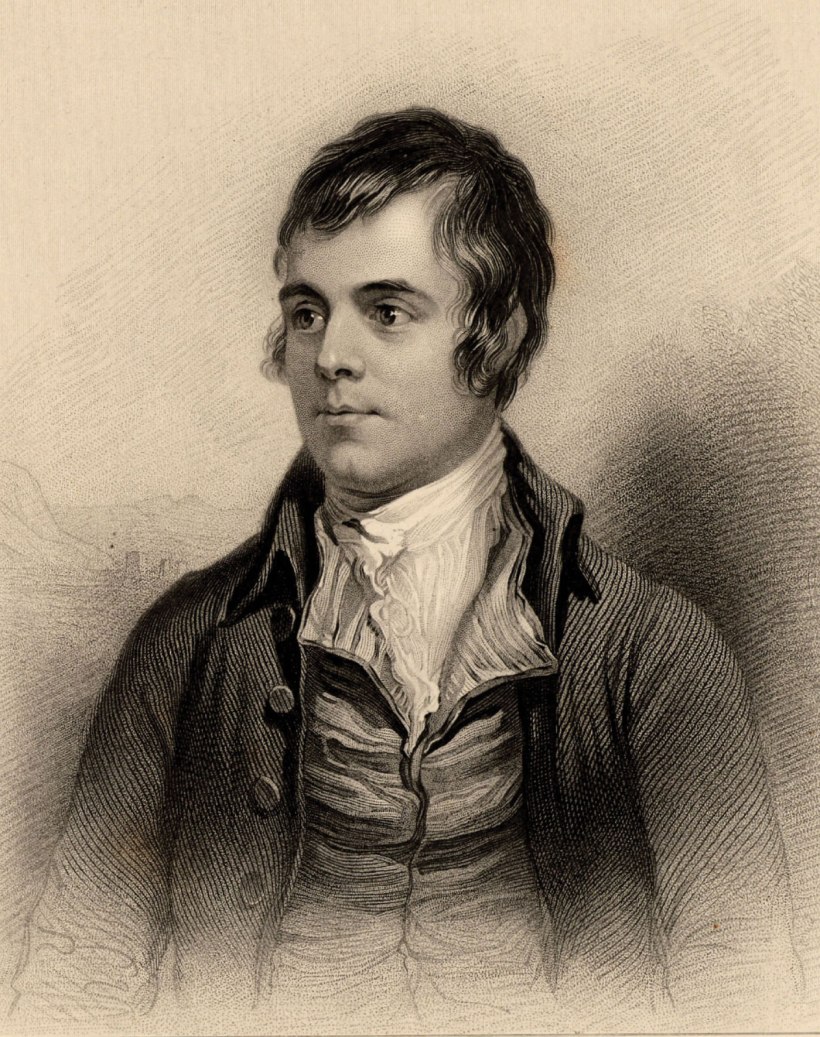[This is another break from my usual patterns here, but a necessary one…I hope to resume the theological questions posts in the near future, once my plate clears a little bit…there’s been an awful lot on it since the pandemic began, and I’ve had drafts for a few posts sitting for a while, and other ones provisionally planned…but, they’ll have to wait for the moment. Meanwhile, here’s a poem that I wrote for the festival which has just passed…an an important and oft-forgotten matter even amongst the most well-informed of Irish polytheists and pagans.]
In Praise of the Fir Bolg
At the festival of Their arrival
the descendants of the Five Kings
that scholars call the Fir Bolg
I sing on this day of the bright sun.
It is reckoned by many
as the festival of Lug Samildánach,
but it was the summer of clearances
that Tailtiu did for Her foster-son.
She was the wife of Eochaid mac Eirc,
King of the Fir Bolg who fell
by the Tuatha Dé in battle
thirty-seven years after Their reign began.
Bói and Nás, good wives of Lug
had Their memorial games on the day
first reckoned for fairs and assemblies
in honor of Tailtiu daughter of Magmóir.
She was given in marriage to Eochaid
to make strong the bonds of friendship;
another Eochaid of the Tuatha Dé She wed
to make the bonds of peace secure.
Thirty-seven were the years reckoned
that Ireland lived under just laws
and fír flatha ruled before fír fer
and fír filid prevailed in the land.
Five were Their kings, sons of Dela
over the five provinces of Ériu:
Gann and Sengann over the two Munsters,
Sláine heading Leinster, Rudraige chief of Ulster,
and Genann in Connacht of the Kings—
the Fir Bolg lived there after defeat,
the Gáileóin and the Fir Domnann
dispersed throughout the fifths.
Eochaid mac Eirc was the first
to rule from the fair hill of Tara,
first of the kings of Ireland
to hold the jewel of Sovereignty.
Umor was Their king in defeat,
and His son Triath the last king
to contend with the Tuatha Dé
before He became a boar of the Un-Gods.
On highest plains covered in stones
like the Plain of Pillars of the defeat
of Fir Bolg by Tuatha Dé
and Fomoiri by Lug’s father’s people
upon the Great Island of the Arans
stands the fortress of Áonghus—
not He of the Brúig na Bóinne
but the Fir Bolg king, taking refuge there.
Bola was the name of their king
in the fair fields of Connemara—
the Érainn Who were hounds of the sea
fled from Greece to give the Irish Their name.
On the same Mag Tuired of Fir Bolg
and Fomoiri’s far-famed defeat
was the downfall of Núada’s arm
by Sreng, the Fir Bolg champion.
Sreng did not like the strength
in magic of the Tuatha Dé
learned in the four northern cities—
against battle His advice, which was unheeded!
Ambassador of true assessments
became warrior of true sword’s strike,
and battle was lack of judgement
that caused the fall of truthful rule.
It was the first time that fír fer, warrior’s truth
supplanted the justice of rulers
when foolishness let the latter fall
when Sreng bound His arm to fight Núada again.
Fingein Físiochta was their healer,
as great as Dian Cécht or Miach—
from His skill was Theirs derived
that even an arm can be replaced;
whether a silver arm by skill
or an arm covered in skin by spells
and herbs of the earth was sung for healing
it was Fingein Who was the wellspring.
The Fomoiri had driven Nemed’s descendant
Starn out of Ireland after the drowning
of most of Nemed’s House in the siege
of Conand’s tower in the great wave;
Starn came to settle in Greece
and His people multiplied,
but were forced to build the fertile farms
of Greece with clay carried in bags.
The Fir Bolg knew how to make abundant
the lands They inhabited, rain falling as dew,
even bringing sods in skin-boats
to the Great Island to make it green.
In the bags They made plenty,
and in them They made their escape
in sailing currachs across the sea
to Iberia and onward to Ireland.
No battle did They ever fight
with the Fomoiri on Their return
into Ireland, for descended were both
from the children of Domnu.
Sláine was first of Their high kings, Rudraige followed,
then Gann and Genann, then Sengann,
Fiacha Cennfinnán next, followed by Rinnal,
then Fodbgen, and last was Eochaid son of Erc.
The Gáileóin, the spear-point men,
dug the clay in Greece with Their javelins,
and from Rinnal of Genann’s number
were spear-points first invented in Ériu;
it was Erc’s son Eochaid, Their king
Who was the first death by spear-point in Ireland…
and the greatest spear of all, the Gae Bolga
was of Bolg mac Búain’s manufacture from Them.
Delga was the one among Them
Who founded the fort bearing His name;
from its secure ramparts surveyed
the Little Hound, wielder of the Gae Bolga.
Rudraige ruled the Érainn in Ulster
and from Their line came the son of the Great Horse,
Fergus, Who wielded Their hard sword,
Caladbolg, from Their greatest smiths.
The Watch-Hound of the Smith from Holly’s Wood
had his name from Culann, they say,
but it was from Coill Cúán, Little Hound’sWood,
that the Hero had truly been named.
It was for Lug that Tailtiu cleared
the plain for the assembly in Her name,
and Coill Cúán it was called before;
thus Lug preserved Her name many times over.
Her death so that many might live,
Her life’s end in order that others began,
the roots of cultivation and kingship
mingle in the filaments of Her grave.
The men Who could swell in fury
like Cú Chulainn in his ríastrad
were the ones called the Fir Bolg,
from Whom Cú Roí and Fer Diad descended.
Thirty-seven years, short was the time,
that They built the foundation for heroic deeds,
for true judgements, and for the name of the Irish
on the fair Isle of Fate on the edge of the sea.
Bolgios of the Gauls was of Their line,
the Belgae under his ancestors flourished,
and he was the first to foray into Greece
in recompense for his people’s servitude there—
to the Ptolemy left in Alexander’s great wake
Bolgios offered a truce and terms of peace,
but the foolish Macedonian would not take it
and paid the dear price of his head for his trouble;
like Erc and Sreng long before him,
Bolgios knew the ways of peaceful rule
as equally as effective combat…
his name was borne well by the leader.
The great prince who traveled
amongst the realms of the Ancestors,
Mess-Telmann laid wastes to the lands
of the Fomoiri beneath the world—
from the heights of Dun Ailinne
Mess-Telmann sat in sovereignty,
receiving tribute from those mightily slain,
powerful one of the Fir Domnainn…
who was aware that the lands below,
the plains of sport where Fir Bolg
and Fomoiri and Tuatha Dé alike
were the same—not a question!—
and it was Sétnae’s son, Mess-Telmann,
from the line of Sétanta of Dun Delga
that fír fer had its last flowering;
now fír filid rules the day
since the Sons of Míl came to toss down
the Tuatha Dé from Their high seats
as They had brought low the Fir Bolg
though satire was Their weapon against the Fomoiri.
It is the truth of poets that won over Ériu,
that brought Banba to herald new Heroes,
that made Fótla the friend of the Féne
until hounds of slaughter split the world’s foundations.
Rulers do not give true judgements in peace,
nor do warriors have fair play in war now,
and though their words are poison as much as splendor
poets rule the day, make flowers fruit on trees…
So sings I, the one who is Friend of Wolves,
descendant of Phillip the Welshman—
who in the lands of the Laigin, Gáileóin-founded,
had his home when he came from Britain—
that came to lands of Féne and Érainn
to sojourn like the Tuatha Dé in learning,
the northern isles of the world moved
to Inis Fáil and the bardic colleges there,
for the time of kings and warriors,
sad though its parting has been,
gives way to a time when wars of words
are not only fought by women
but by any who took the fork of the Three Sisters
where it meets the bay of Waterford
where kings of unfair foreign dispensations
had their sway even over dreams.
The Fir Bolg are a happy memory
unremembered as the name of their tribes,
but memory like a candle’s illumination
can be rekindled with but one spark of imbas.
Long has been the time since They were sung,
rare the singing of Their praises—
let us remember, thus, this day
of Their arrival at the festival.




